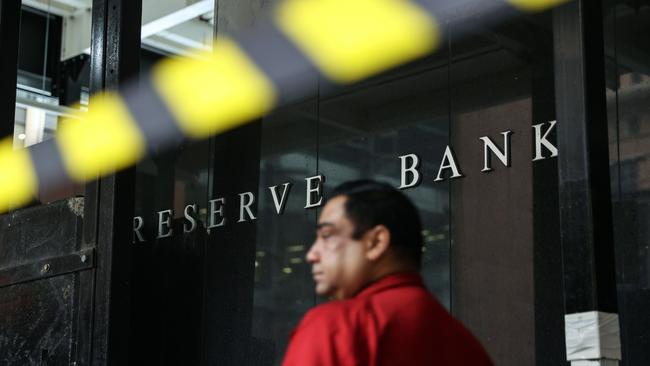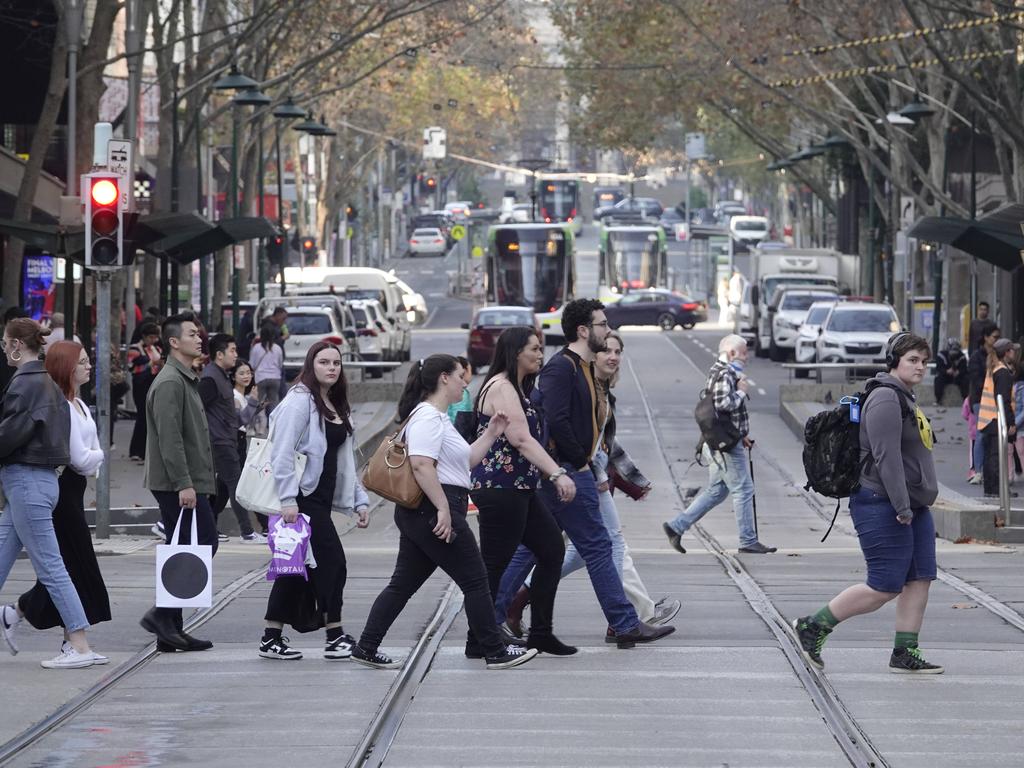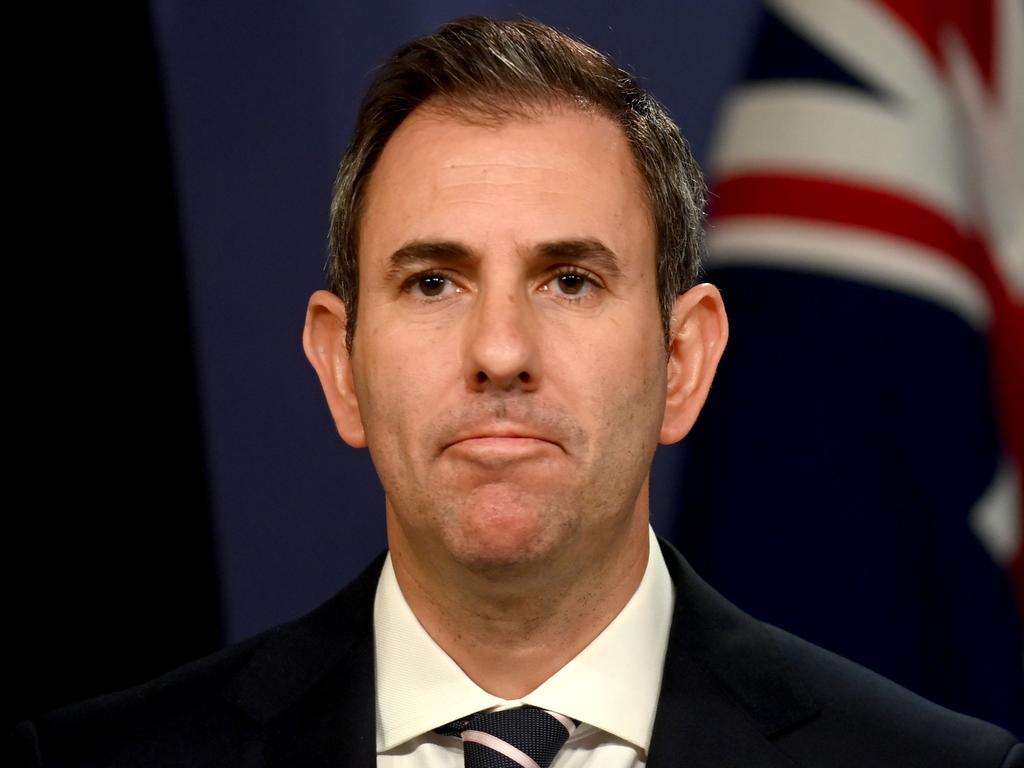
The economy is supposed to be slowing, but official statistics on Thursday showed the unemployment rate dropped from 3.7 per cent to 3.6 per cent in May as nearly 76,000 Australians found work.
Almost all of them were full-time jobs, and it was the highest monthly increase in almost a year. The labour participation rate hit new highs.
As the ABS’s head of labour statistics, Bjorn Jarvis, said, everything points to the labour market still being at its tightest in decades.
Jim Chalmers in parliament said the latest jobs numbers were “very welcome news”, and the low unemployment rate was “a remarkable achievement for the economy and for the Australian people”.
We can all agree with that. But economists also agreed the good jobs news was bad news for interest rates.
ANZ added a second rate hike to 4.6 per cent by August to its outlook, and CBA is close to doing the same. Others say 4.85 per cent by September.
The Council of Financial Regulators this week said “most” households were coping with the massive increase in borrowing costs, but that there were “significant” financial pressures on some.
This pain will become even more intense over the coming 12 months.
As CBA’s Gareth Aird points out, only about half of the four percentage-point increase in the Reserve Bank’s cash rate has hit indebted households’ budgets, hundreds of thousands of whom are still on fixed mortgage rates of about 2 per cent.
The risk is that the impact on the economy from each additional hike becomes exponential.
But this has to be balanced against RBA governor Philip Lowe’s growing concern that inflation will not return to 3 per cent by mid-2025 without an even more aggressive policy response.
Lowe’s “narrow path” to taming inflation without sending unemployment sharply higher is more like a tightrope that becomes ever wobblier.
Thursday’s blockbuster jobs numbers are the latest wobble.







More jobs equals higher interest rates. It’s a cruel bit of calculus for mortgage holders who are bearing the financial burden of the Reserve Bank’s battle to tame inflation.